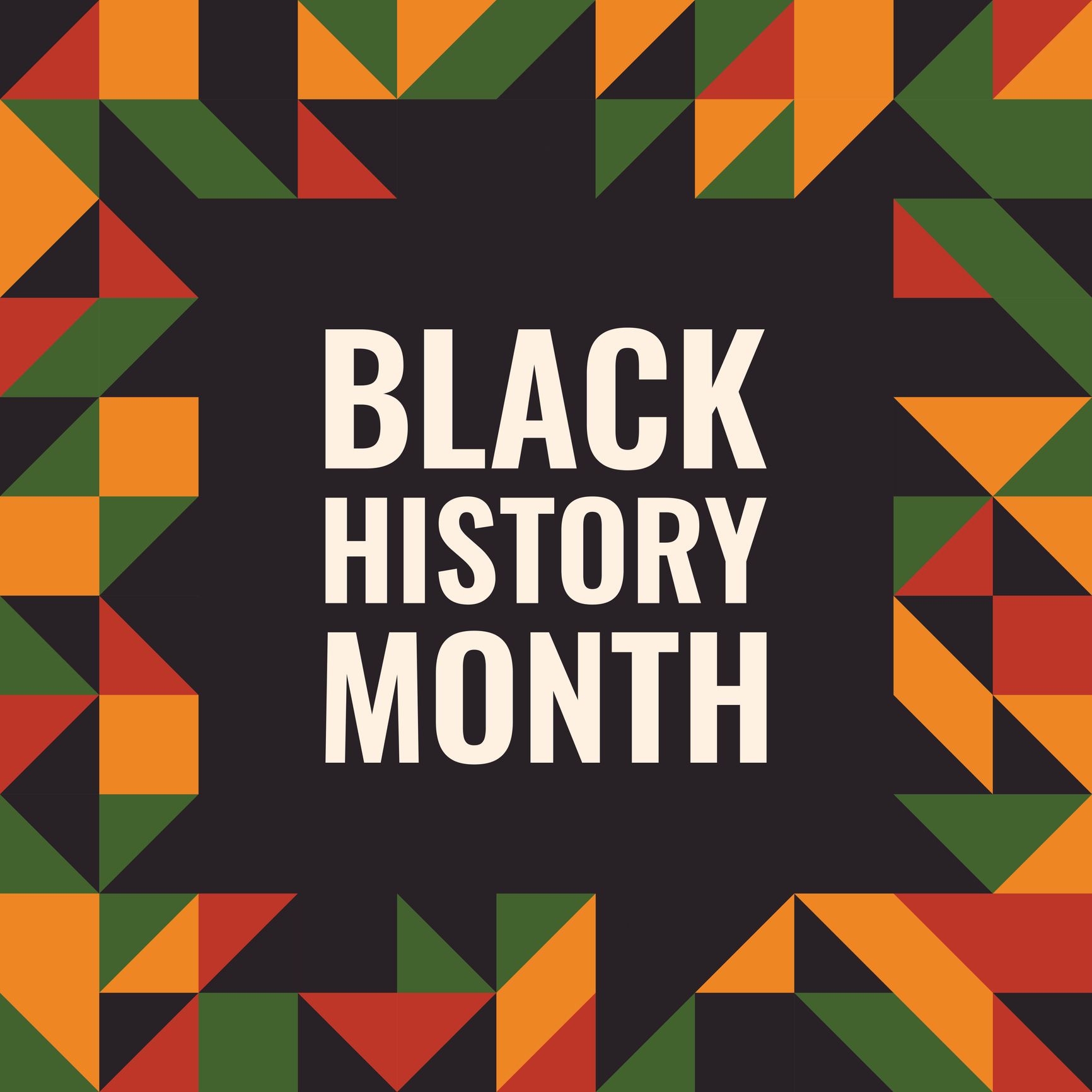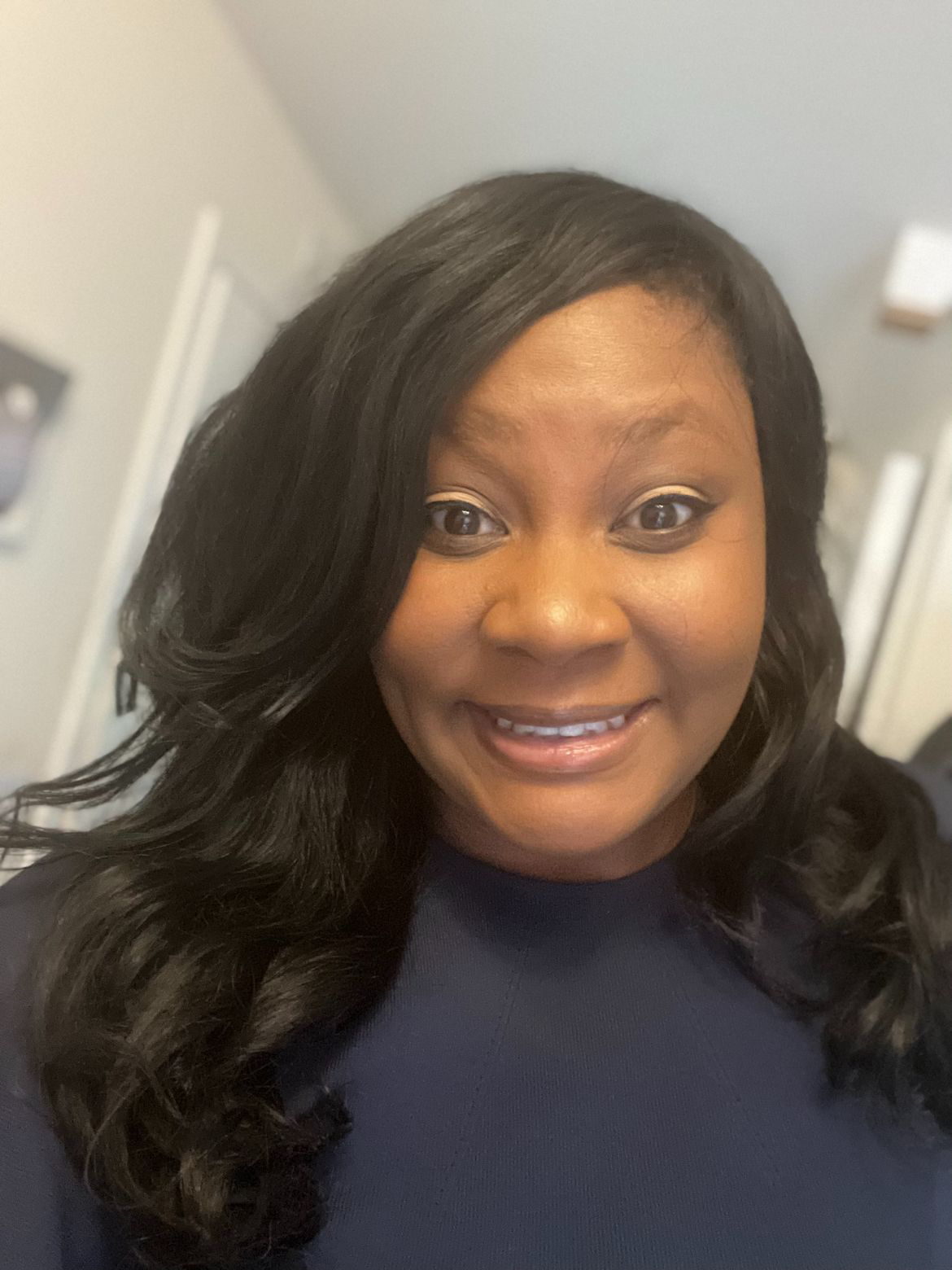What is Black History Month and Why Does it Matter?
The world would be a poorer place if it were not for the significant contributions of African and Caribbean people throughout history. From the creation of genre-defining music and art to ground-breaking developments in business and academia, black culture and its pioneering figures have enriched society and helped to define what it means to be human.
Yet while the impact of black heritage and culture on the world is undeniable, stories have often been overlooked, distorted, or entirely ignored.
So, back in 1926, Carter G Woodson, born in Virginia, USA to parents who had once been slaves, decided to launch the first ever Black History Week. He was inspired by his own hardship as an African American – he managed to study at one of the few high schools allocated to black student using the money he earned as a coal miner before going on to achieve a PhD in History at Harvard University.
He worked tirelessly throughout his academic career to promote black history in schools.
His Black History Week was a huge success; the event was expanded in 1976 to encompass the entire month of February – an entire month in which black culture was placed centre stage and celebrated with stories of achievements past and present.
The event arrived on UK shores in 1987, its launch in October arranged by Ghanian refugee Akyaaba Addai-Sebo to coincide with the 150th anniversary of the abolition of slavery in the Caribbean. Black History month in the UK has taken place every October since.

To celebrate Black History Month this year, we tell the stories of pioneering black figures who have had a significant impact on the history of travel and transport.
Plus we speak to our very own Head of People, Trish Hewitt, who tells us more about the importance of celebrating black culture, her own experiences growing up, and how Gray Dawes remains committed to celebrating diversity at all levels of the business.
ROSA PARKS
1913 – 2005
Rosa Parks was a pivotal figure in the American Civil Rights Movement, renowned for her courageous act of defiance that ignited a wave of change. On December 1, 1955, in Montgomery, Alabama, Rosa Parks refused to give up her seat on a city bus to a white passenger, defying the deeply ingrained segregation laws of the time. Her refusal to obey sparked the Montgomery Bus Boycott, a 381-day protest that led to the Supreme Court ruling that segregation on public buses was unconstitutional. Rosa Parks’ legacy extends beyond her courageous bus ride. She continued to be an advocate for civil rights throughout her life, leaving an indelible mark on black history while inspiring countless others to stand up against injustice.
BESSIE COLEMAN
1892 – 1926
Bessie Coleman was the first black woman to earn a pilot’s license. Born in Texas in 1892, Bessie quickly developed an interest in aviation, but was consistently denied entry into flying schools across the US. Determined to not be deterred by these initial setbacks, Coleman taught herself French and moved to France, where she earned her pilot’s license in just 7 months. When she returned to the US she discovered that in order to earn a living as a civilian pilot, her fortune lay in the world of stunt flying. After further training in Europe, she worked hard to earn a reputation as a high-profile stunt pilot in notoriously dangerous US air shows. Her bravery in the air earned her the nicknames “Queen Bess” and “Brave Bessie”, becoming an inspiration to ambitious black pilots across the world.
MATTHEW HENSON
1866 – 1955
Matthew Henson was an African American explorer who accompanied the renowned Robert Peary on several Arctic expeditions, including a famous trip in 1909 where they became the first to reach (or at least get close to) the North Pole. He was a skilled navigator, dog driver, and craftsman, which made him an invaluable member of the exploration party, his knowledge of Inuit culture and survival skills in the Arctic a crucial part of the team’s success. Henson’s contributions to Arctic exploration have gained greater recognition in recent years. In 2000, the National Geographic Society posthumously awarded Henson the Hubbard Medal, its highest honour. In 2009, the U.S. Navy officially recognized Henson’s contributions to Arctic exploration by naming a class of oceanographic survey ships after him.
DR MAE JEMISON
1956 – Present
Dr. Mae Jemison made history as the first African American woman to travel in space. In 1987, Dr Mae Jemison was selected out of thousands of applicants to join NASA’s astronaut program and later became one of the 15 candidates chosen for the STS-47 mission. Her historic spaceflight took place on September 12, 1992, when she boarded the Space Shuttle Endeavour as a mission specialist. Her mission, which lasted eight days, was dedicated to scientific research and included experiments in life sciences, material sciences, and physics. Her presence in space marked a significant milestone for black culture in space exploration. After the mission, she founded The Jemison Group, a technology consulting firm, and the Dorothy Jemison Foundation for Excellence – named in honour of her mother – to promote STEM education, particularly for underrepresented minorities and girls.
WILLIAM STILL
1821 – 1902
William Still was a prominent African American abolitionist and conductor on the secret Underground Railroad – a clandestine series of escape routes for slaves seeking freedom that followed canals, rivers, bays, roads and trails. Nicknamed by The New York Times in his obituary as “The Father of the Underground Railroad, William Still helped as many as 800 slaves escape. He interviewed each person and kept careful records, including a brief biography and the destination for each, along with any alias adopted. He kept his records carefully hidden but knew the accounts would be critical in aiding the future reunion of family members who became separated under slavery, which he had learned when he aided his own brother Peter, whom he had never met before.
Why Celebrating Black History is Important
By Trish Hewitt, Chief People Officer at Gray Dawes.
“Whilst black history isn’t something that should be confined to October, the month raises awareness and allows us to celebrate a whole host of amazing achievements.”
We spoke to our very own Trish Hewitt, Chief People Officer at Gray Dawes, to find out the importance of celebrating black culture and recognising the historical achievements of people of African and Caribbean backgrounds.

Trish Hewitt
Chief People Officer
“When I went to see the film Black Panther, I was in tears in the first few minutes. Not only was I finally getting to see representation in the kind of films I loved, the reference to black history touched me.
“When I was a kid my father would tell me about black history, we’d talk about the achievements made but I never heard about any of those things at school, even at a young age that seemed odd. As one of two black children in my primary school it felt like where I came from didn’t matter and definitely wasn’t represented anywhere.
“In the opening scenes of the film, they talk about black history and specifically reference an area of Nigeria linked to my family and I cried. I’d love for children not to have the experience I had at school, with black history being non-existent, and have an education that embraces ALL history so all children know that everyone’s history matters.”
“In my role as Chief People Officer at Gray Dawes I’m privileged to be able to set the direction of our People Strategy which includes diversity and inclusion. I’m a firm believer in focusing on ensuring that everyone within organisations feels like they belong, and building an environment and culture which nurtures that view which in turn breeds diversity.
“We’re currently working on a structured diversity, inclusion and belonging agenda, across all our global offices where we can continually nurture places where people feel that they belong. We’ll be doing more things like this, talking about diversity and building this into our initiatives throughout the year.
“It’s not just about well-timed posts, changing the colour of our logos at poignant times or saying things because we think we should, it’s about how we authentically ensure people feel they belong at Gray Dawes all year round, because that’s the right things to do. I’m super excited for the journey we’re about to embark on, watch this space!”
Related Articles
7 of the Most Memorable Hotels From TV and Film
n the movies and on TV, a hotel is rarely just a place to sleep — it’s a stage for drama, comedy, fear, romance and unforgettable encounters. In the BBC Radio 4 feature Seven of the most memorable hotels in film and TV, hosts Ellen E. Jones and Mark Kermode unpack why hotels make such rich settings for storytelling, acting as hermetically sealed worlds where lives collide, secrets simmer and anything can happen.
Getting the Most from Procurement Portals When Selecting Your TMC
Procurement portals are now a common way to run Travel Management Company RFPs, offering structure and consistency for procurement teams. But when portals are poorly configured, they can unintentionally limit supplier responses, create unnecessary friction, and make it harder to assess what truly differentiates one TMC from another.
Based on extensive experience responding to portal-based RFPs, this guide from Gray Dawes Travel shares nine practical ways travel managers and procurement leads can attract higher-quality responses, improve evaluation, and achieve better outcomes from the process.
Work Stays Made Easy
As winter fades and brighter days arrive, it’s the perfect time to plan ahead for a successful season of business travel. With over 800 Premier Inn hotels across the UK, you’re always close to your next meeting, conference, or event. From city centres to business hubs, enjoy convenient locations, comfy beds, blackout curtains for great sleep, and the option to upgrade to Premier Plus for extra comfort. Start your day with an unlimited breakfast, wind down with delicious on-site dining, and save with meal deals. Book early for the best value, flexibility, and stress-free stays wherever work takes you.
CALL US
08448 553700
+44 (0) 1206 716111 (if outside the UK)
EMAIL US
ALWAYS HERE
Mon – Sun, 24 hours a day
LET’S TALK
Fill in the form below and we’ll get back to you as soon as we can.


